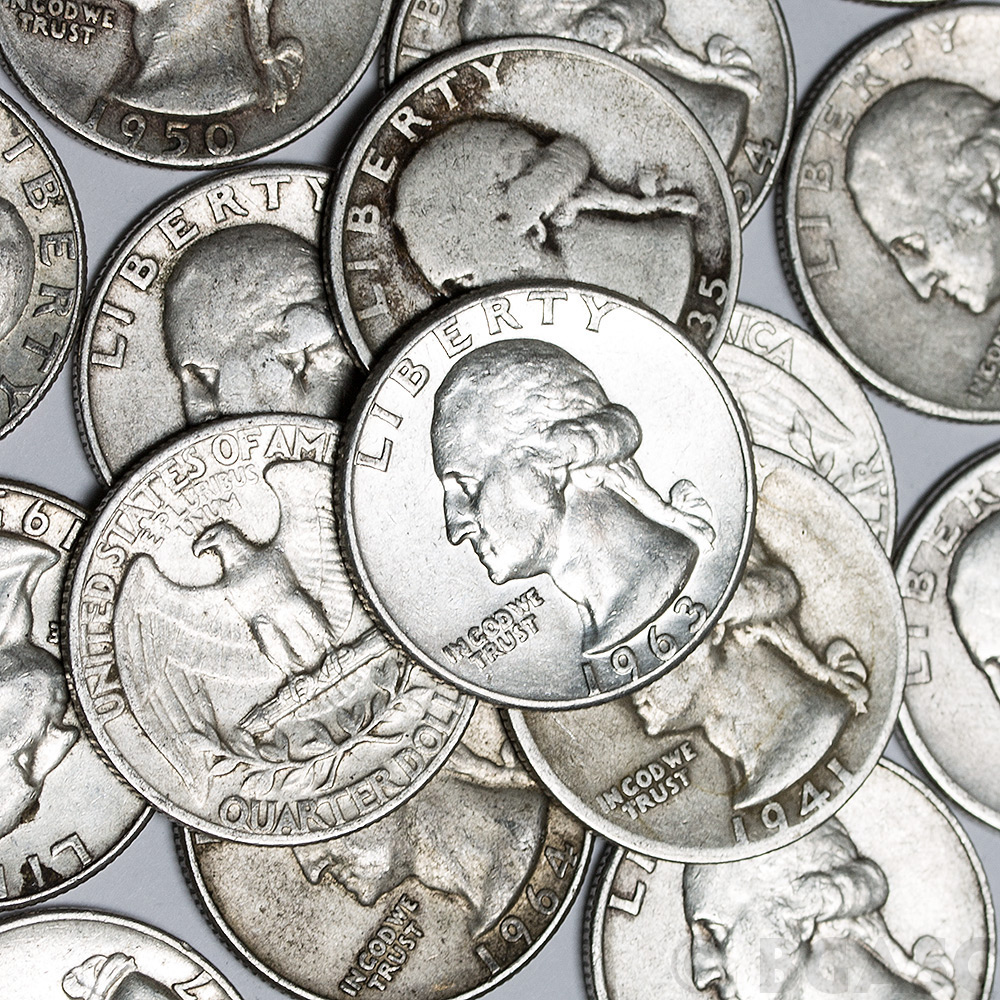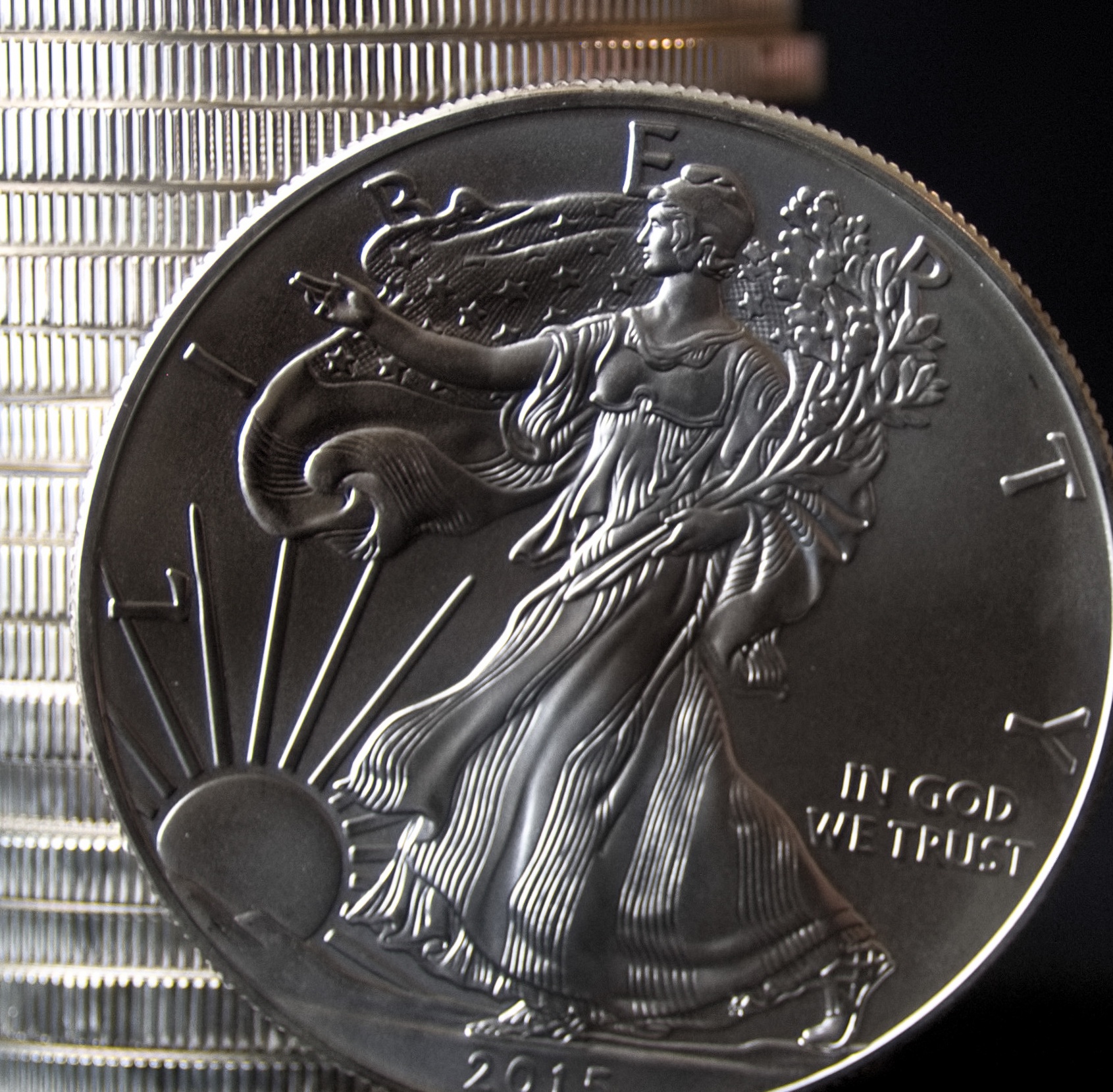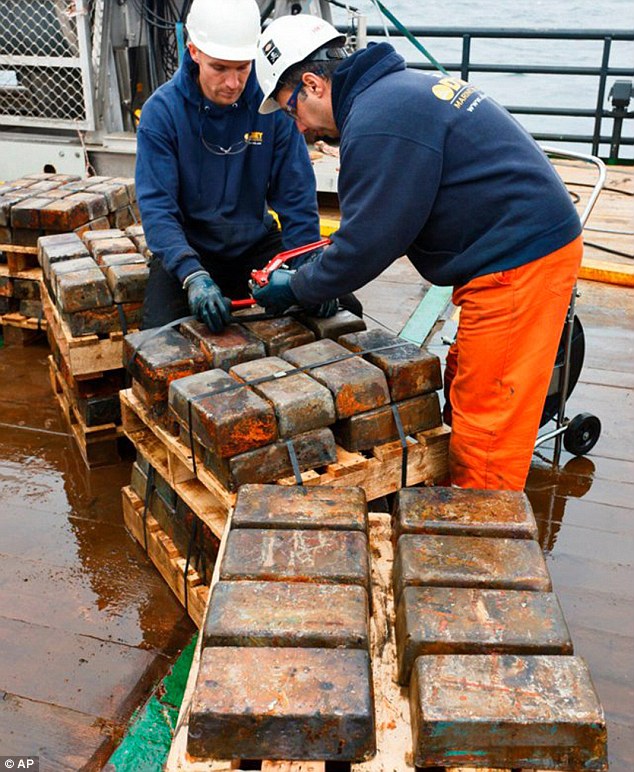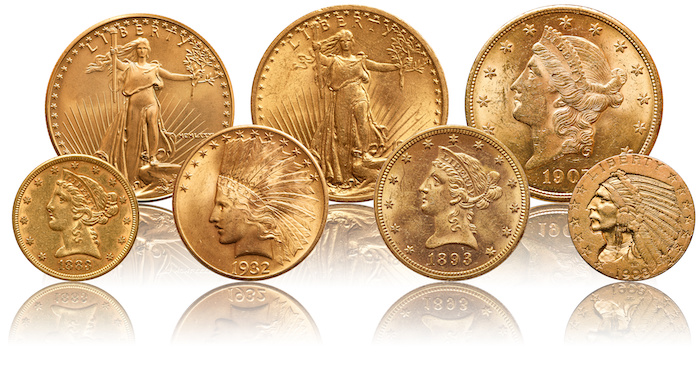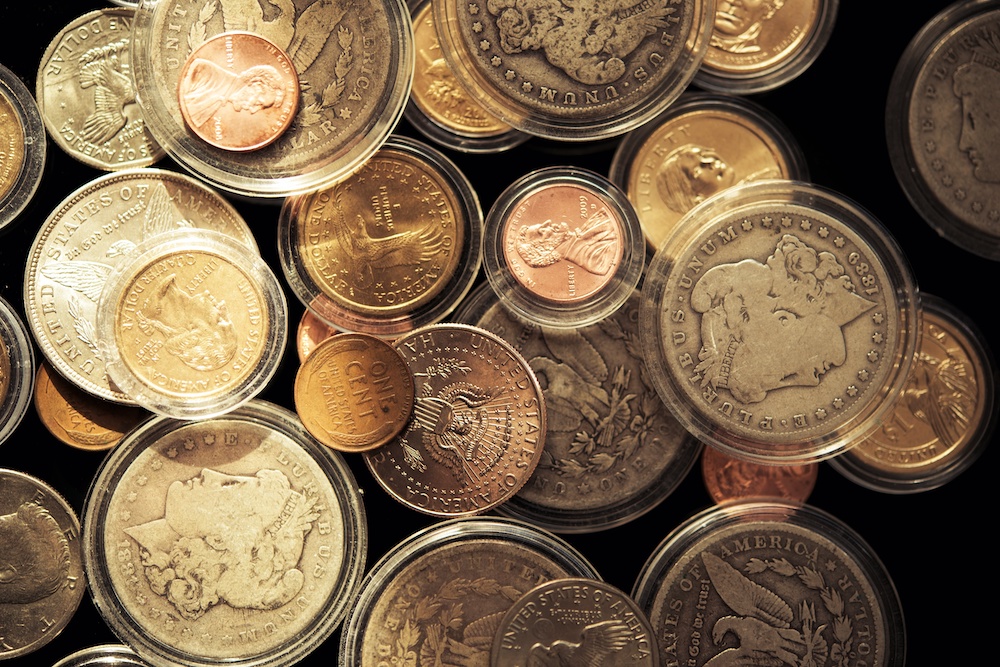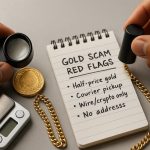Cleaning old coins is a topic that frequently divides coin collectors and numismatists. Expert consensus strongly advises against cleaning coins, as improper cleaning can permanently remove their original patina, cause surface damage, and substantially decrease their numismatic value. For antique, collectible, or investment-grade coins, even minimal cleaning can significantly diminish their worth.
Why You Shouldn’t Clean Valuable Coins
Collectors and numismatic experts prize coins in their original, untouched condition. Authentic, natural patina can often mistaken for dirt or discoloration. However, the original patina actually enhances a coin’s historical appeal and market value. Removing this patina is irreversible and negatively impacts the resale value and desirability to collectors.
If you own coins you suspect have numismatic value, it’s essential to consult with a professional coin appraiser or numismatist before attempting any cleaning or conservation.
When Cleaning Coins is Acceptable
In specific scenarios—such as having common, heavily circulated 90% silver coins (commonly known as “junk silver”) for personal enjoyment—gentle cleaning methods can be acceptable. These coins typically hold value primarily based on silver content rather than collectible condition.
Below are some expert-recommended gentle methods suitable for such coins:
1. Mild Soap and Warm Water (Safest Method)
- Use warm water and a mild, fragrance-free dish soap such as Dawn.
- Allow coins to soak briefly, then gently rub with your fingers or a soft microfiber cloth.
- Thoroughly rinse with distilled water and air dry.
- Avoid abrasive brushes or harsh scrubbing, as these can leave scratches.
2. Olive Oil Soak (Slow, Gentle Cleaning)
- Place coins in a non-reactive container filled with pure olive oil.
- Allow soaking from several days up to several weeks to loosen stubborn grime.
- After soaking, gently rinse with mild soap and warm water, then dry carefully.
- This method is gentle but very slow and requires patience.
3. Vinegar and Salt Solution (Only for Low-Value, Base Metal Coins)
- Mix white vinegar with a teaspoon of salt to create a cleaning solution.
- Soak coins for only a few minutes, rinse immediately and thoroughly with distilled water, then dry.
- Important: This method is highly abrasive and should never be used on silver, gold, or collectible coins, as it will cause permanent surface damage.
4. Electrolysis (Advanced Method – Proceed with Caution)
- Electrolysis involves passing an electric current through a conductive solution with the coin acting as an electrode.
- Professional training and specialized equipment are mandatory. Attempting electrolysis without expert knowledge risks irreparable damage.
- Suitable primarily for heavily corroded, common coins of minimal value.
5. Commercial Silver Cleaning Products
- Specific products like Wright’s Silver Cleaner (available from retailers such as Amazon) can effectively clean heavily tarnished junk silver coins.
- Always follow product instructions carefully, using a soft cloth to minimize scratching.
- Caution: Such products contain chemicals that permanently alter surfaces, therefore should not be used on collectible or investment-grade coins.
6. Rock Tumblers (Popular with Junk Silver Enthusiasts)
- Some hobbyists, including participants in coin communities like Reddit’s /r/silverbugs, use rock tumblers with stainless steel media to clean junk silver with aesthetically pleasing results.
- While effective at creating an appealing shine, rock tumbling completely removes original patina and can severely reduce collectible value. Use strictly for low-value, circulated silver coins intended solely for personal enjoyment.
When to Seek Professional Conservation Services
If you have older coins potentially holding numismatic or historical significance, never attempt cleaning yourself. Professional numismatic conservation experts use specialized techniques and chemicals unavailable to the general public. Their methods preserve coin integrity, authenticity, and value, and they carry specialized training and certification.
Final Advice: Always Test First and Consult Professionals
Before applying any cleaning method, always test it on low-value coins first. When dealing with potentially valuable coins, consult certified coin dealers, numismatic experts, or reputable appraisal services. Remember, improper cleaning causes permanent damage, while professional preservation protects your investment.
